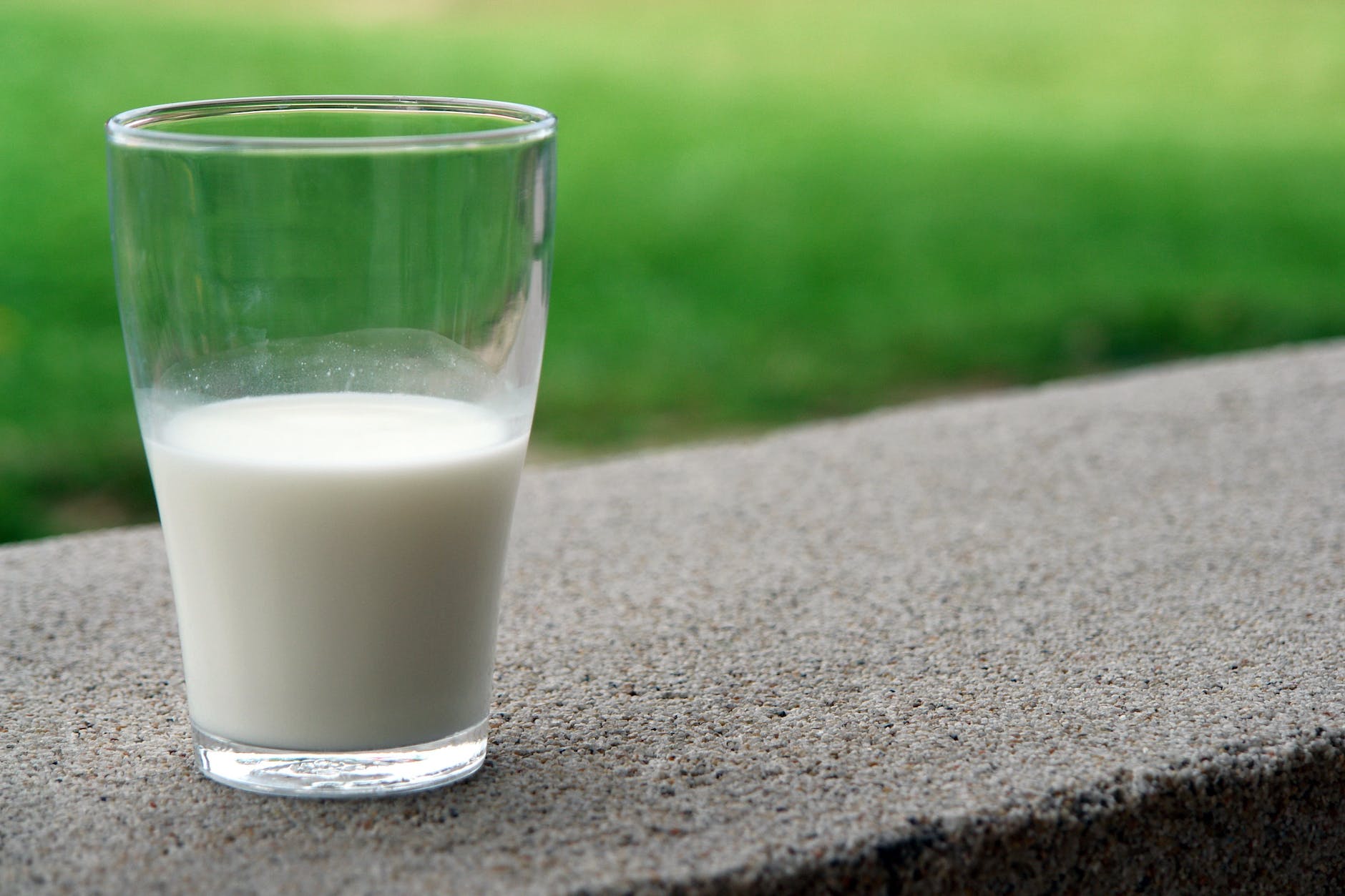We’ve all heard the advice to drink a glass of warm milk before bed for a good night’s sleep. But is there any truth to this age-old remedy? In this post, we’ll delve deeper into the benefits of warm milk for sleep and relaxation, exploring the science behind it and providing you with some delicious recipes to help you wind down and drift off into dreamland. So, grab your favorite mug, snuggle up, and get ready to discover the soothing power of warm milk. 🥛💤😴
💤 The Sleep-Inducing Properties of Warm Milk: Warm milk has long been regarded as a natural sleep aid due to its unique composition and the presence of certain compounds that promote relaxation. Here’s a closer look at how warm milk can contribute to a restful night’s sleep:
- Tryptophan: Milk contains an amino acid called tryptophan, which is known for its role in the production of serotonin and melatonin, both of which are essential for regulating sleep and wakefulness. Tryptophan is a precursor to these neurotransmitters, and it helps increase the availability of these sleep-promoting hormones in the brain. Serotonin helps regulate mood, while melatonin helps regulate the sleep-wake cycle, signaling to your body that it’s time to sleep.
- Calcium: Milk is a good source of calcium, which plays a vital role in the regulation of sleep cycles. Calcium helps the brain use the tryptophan present in milk to produce melatonin, the hormone that helps regulate the sleep-wake cycle. Adequate calcium levels can contribute to better sleep quality and help you fall asleep faster.
- Warmth and Comfort: The warmth of the milk provides a soothing effect, helping to relax the body and prepare it for sleep. The act of sipping warm milk can also create a comforting ritual that signals to your brain and body that it’s time to unwind and prepare for rest. This psychological association can promote a sense of relaxation and tranquility, easing your transition into sleep.
😴 The Benefits of a Good Night’s Sleep: A restful night’s sleep is essential for overall health and well-being. Here are some benefits you can experience by incorporating warm milk into your bedtime routine:
- Improved Sleep Quality: Warm milk can help you fall asleep faster and experience deeper, more restorative sleep. The sleep-inducing properties of warm milk, combined with the comfort it provides, can contribute to an overall improvement in sleep quality. You may wake up feeling more refreshed and energized.
- Relaxation and Stress Reduction: Drinking warm milk before bed can help promote relaxation and reduce stress levels. The act of winding down with a warm beverage can create a sense of calm and tranquility, allowing you to let go of the day’s worries and prepare your mind and body for sleep. It can serve as a mini self-care ritual, helping you transition from a busy day to a peaceful night.
- Muscle Relaxation: The calcium content in milk can also contribute to muscle relaxation, which is beneficial for those who experience muscle tension or restlessness before bed. Relaxed muscles can help promote a more comfortable and peaceful sleep, allowing you to wake up feeling more rested and rejuvenated.
🥛 Delicious Warm Milk Recipes: Looking for creative ways to enjoy warm milk? Try these recipes that add a touch of flavor and extra relaxation to your bedtime routine:
- Vanilla Chai Warm Milk:
- Ingredients: 1 cup milk, 1 teaspoon honey, 1/2 teaspoon vanilla extract, 1/2 teaspoon chai spice blend (cinnamon, cardamom, cloves, ginger)
- Instructions: In a small saucepan, heat the milk over medium-low heat until steaming. Stir in the honey, vanilla extract, and chai spice blend. Continue to heat until the desired temperature is reached. Pour into a mug, savor the aromatic blend of spices, and enjoy the comforting warmth.
- Golden Turmeric Warm Milk:
- Ingredients: 1 cup milk, 1/2 teaspoon turmeric powder, 1/2 teaspoon honey, 1/4 teaspoon ground cinnamon, a pinch of black pepper
- Instructions: In a small saucepan, combine the milk, turmeric powder, honey, cinnamon, and black pepper. Heat over medium-low heat, stirring occasionally, until warm and well blended. Pour into a mug, inhale the warm and earthy aroma, and indulge in the soothing flavors.
- Honey Lavender Warm Milk:
- Ingredients: 1 cup milk, 1 tablespoon honey, 1/2 teaspoon dried lavender buds
- Instructions: In a small saucepan, heat the milk over medium-low heat until steaming. Stir in the honey and dried lavender buds. Allow the mixture to simmer gently for a few minutes, allowing the flavors to infuse. Remove from heat, strain out the lavender buds, and pour into a mug. Inhale the calming aroma of lavender as you sip on this comforting concoction.
Feel free to experiment with these recipes or create your own variations by adding your favorite spices, such as nutmeg, cardamom, or ginger, to customize the flavors to your liking. Just remember to savor your warm milk about an hour before bedtime for optimal relaxation and sleep-enhancing benefits.









